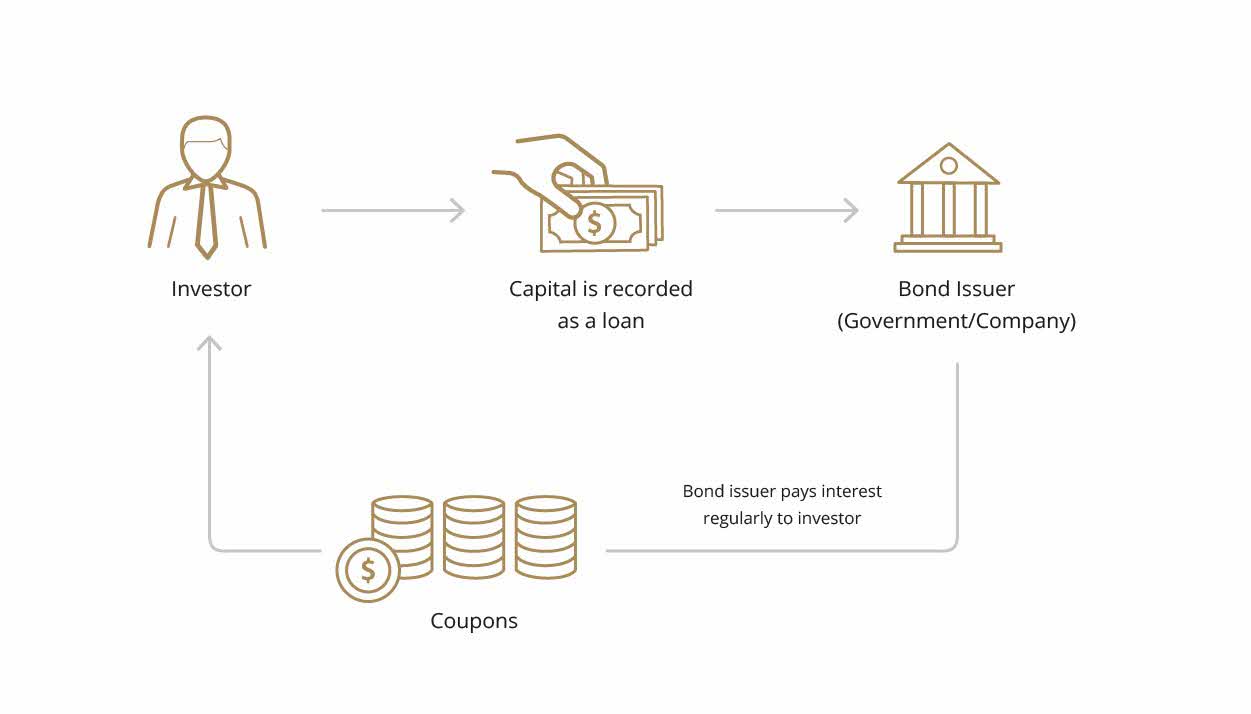
|
Par Value |
The par value or the face value of a bond is the amount that the bond issuer has borrowed from the investor. |
|
Coupon |
The fixed rate of interest to be paid by the bond issuer to the investor multiplied by the par value of the bond. Coupon 3% x Par Value IDR 1 billion = IDR 30 million annual interest payment |
|
Fixed Income |
The amount received in coupons at regular intervals is the investor’s fixed income per year. |
|
Current Yield |
Bonds are typically tradeable. As market prices vary from the par value, the current yield of a bond is the annual interest payments of the bond divided by the bond’s current market price. |
|
Callable |
This means the issuer can buy back the bonds, paying investors the principal prior to the maturity date. |
|
Step-up |
This means the coupon payable rises on a set date. |
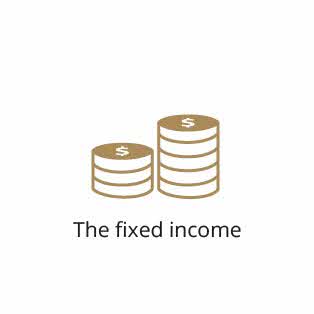 |
Provided the bond issuer is in good financial standing, bond holders get priority to the bond issuer’s cash flow ahead of shareholders and get paid the coupon at regular intervals. |
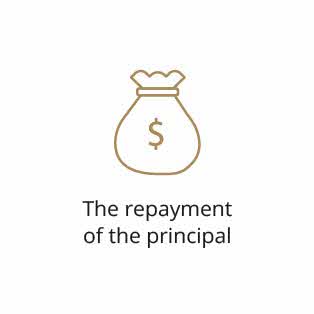 |
If the bond issuer is in good financial standing, bond holders will be repaid their principal at the maturity of the bond. |
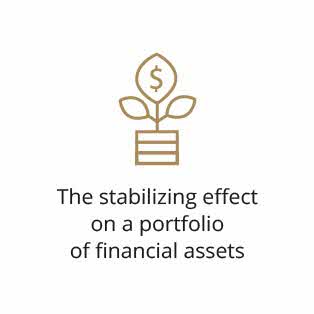 |
Against the uncertainty of the market price of stocks and the dividend earned by those stocks, the promise of fixed income and the eventual repayment of the principal is a stabilizer and a useful diversification tool.
|
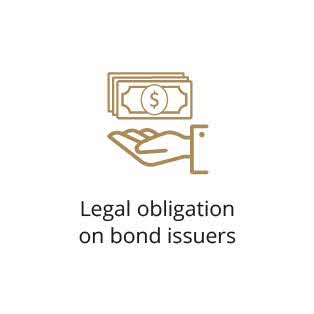 |
Bonds are lower risk than equities (stocks or shares) to the extent there is a legal obligation for the bond issuer to pay bond holders their regular coupon ahead of any payment of dividends to shareholders.
|
 |
The risk of the bond issuer being financially unable to pay the promised coupon or repay the principal on maturity. |
 |
When investors need to sell their bonds before maturity, there is the risk they may have to accept prices below the par value of the bonds.
Like any market-traded instrument, bond prices fluctuate, depending on the market’s perception of the financial strength of the issuer company, the economic outlook, and the interest rate outlook. |
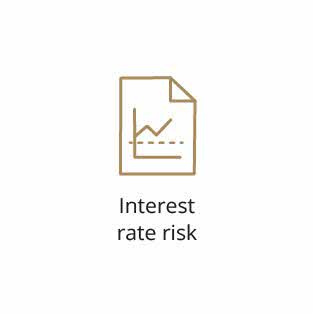 |
While the fixed income of bonds is an attraction, the risk is being locked into fixed compensation for lending your money even when interest rates are rising. |
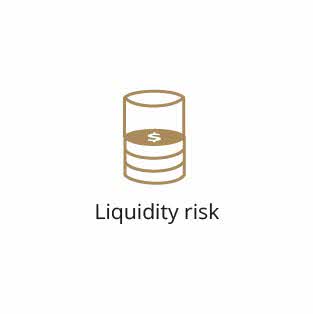 |
It may be difficult to find ready buyers for some corporate bonds. Investors needing to urgently sell their bonds may be forced to accept losses if market sentiment is not favorable. |





